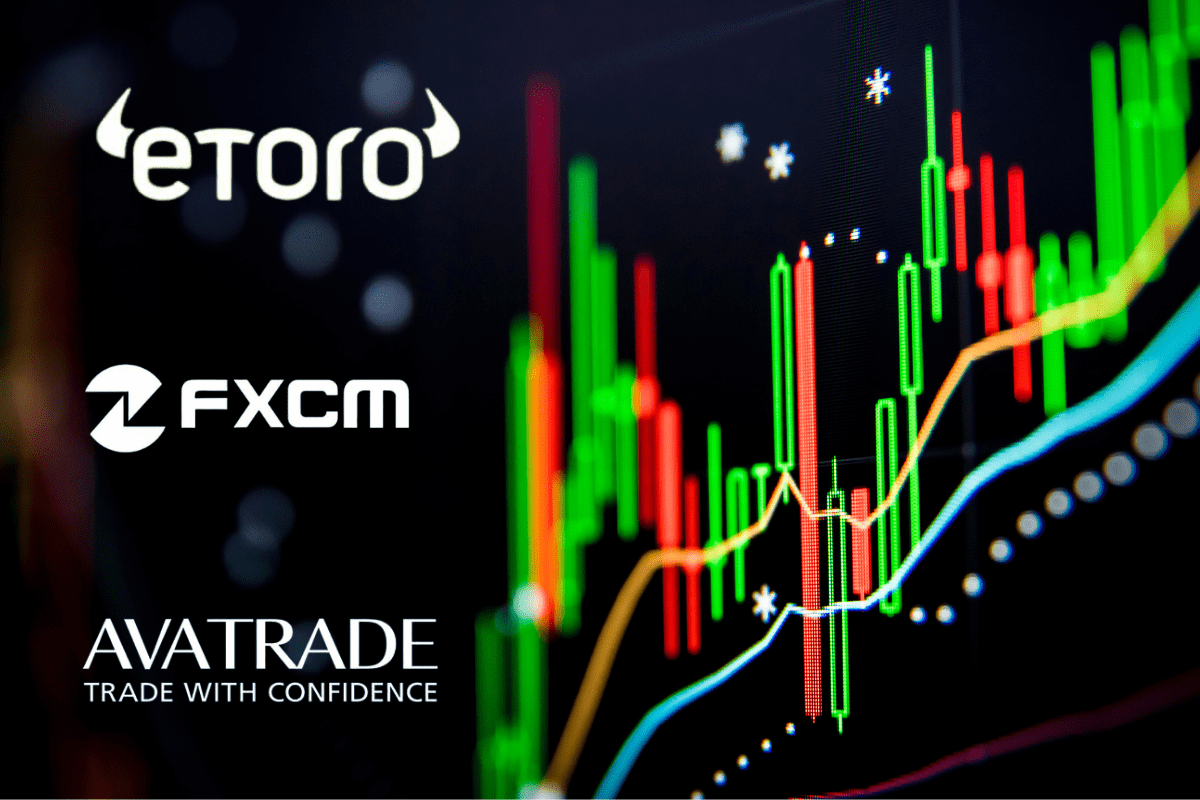
You must have come heard about these names a lot of times. They are normally used for the financial market and imply a distinct meaning to the financial instruments. Face value, book value and market value these words are also used a lot of times in investments and there these words are used numerous times.
But, people usually get mixed between their meanings or decipher them in a wrong way. Various people use them conversely which is absolutely wrong. Hence, it is essential for you to know the difference between them as they have entirely distinct meanings.
Let us know in detail about their meanings, variation and how they are calculated. This would bring a clear understanding of these terms.
Table of Contents
Difference between Face Value, Market Value and Book Value of a Share
In this article, we are going to discuss the difference between Face Value, Market Value, and Book Value of a stock or share. Let’s start with the Face value:
What is a Face Value?
It is also recognised as the par value. Face value is the value of the firm which is registered in the books and share certificate. This value reports the nominal price of the stock at the time of issuing.

For example, when a firm goes public the value of its share is Rs.10 but it may trade at a market price of Rs.100. This value would remain likewise for stocks and is really significant when the company chooses to take most of their corporate actions. It can also be termed as the original cost of the stock as it does not represent the actual market value.
One important thing to remember about the face value is that the face value of a stock does not change or fluctuates even if the company goes in for a stock split.
Why Face Value is important?
It has a vital role in the company as it is usually used for calculating interest on shares and bonds. In fact, it is also required for calculating discounts, premiums, returns and market value. This implies that when you invest or trade then it is substantial for you to know the face value of the shares.
Bond prices are usually affected by face value but they have no relation with the market price.
How to calculate the Face Value?
For calculating face value, you would require two things:
1. Equity Share Capital
2. Number of shares outstanding
The formula for calculating face value is:
Face Value= Equity Share Capital / No. of shares
Now, the question might come to your mind is that, where would you get these figures from? You can get it either from the annual reports of the company or directly from the company’s balance sheet.
Now, let us understand this with the help of an example-
If a company has raised 1 lakh equity share capital for business and it keeps the face value of one share Rs.10 and issues 1 lakh shares. For calculating it we will apply the formula:
10=100000/100000
Also Read: 12 Best Stock Market Trading Apps In India
What is Book value?
It is said to be the amount of money which would be paid to shareholders if the company gets liquidated and plans to pay off all its liabilities. Hence, it can also be said that book value is the net value of the organisation that shows in its books.

The company gets this value after they sell their assets, pay its liabilities and divide the remaining amount with the number of shares. A good to know information is that if you observe that the company’s market value of the stock goes below the book value, it is a green signal to buy its shares.
You would rarely see any fluctuation in the book value or any changes in it annually as per the performance of the business. You can also see book value for evaluating that the company’s stock is undervalued, overvalued or fairly valued.
Why Book Value is important?
If you divide the current price of the share of the company with the book value per share, you will get the price to book value ratio. This value is pretty beneficial and should be taken into the study while making an investment decision.
Book value helps the investors in finding better bargain deals on stocks particularly when they have an intuition that the company is undervalued and would grow in future, thus its stock price would also increase.
How to calculate Book Value?
There are two methods for calculating book value as there are two formulas for it. Let us understand both of them in details.
Formula 1
Book Value= Face Value + Reserves per share
Now, first, we would need to know about the “Reserves per share,” you can get this information directly from the company’s balance sheet.
You can calculate reserves per share by divining reserves to the number of shares. Hence, when you get the value put in the formula:
Book value= Rs.5 (face value) + (250.15) = 255.15
Formula 2
The second formula is:
Book Value= Liabilities/ No. of outstanding shares
For calculating the liabilities you would have to calculate total assets – total debts.
You can get this data from the company’s balance sheet. Now, you would need three things i.e
- Total Debts
- Total Assets
- No. of Shares
Hence, if a company has an equity capital of 10 crores, liabilities of 4 crores and its outstanding shares are 5 lakhs:
10 cr – 4cr/ 5 lakhs= 120
Hence 120 rupees will be the book value per share.
What is Market Value?
It is the current price of the stock which is quoted one exchange. It might or might not show the fair value of the stock. This is the amount at which market values the stock, it is also termed as the Current Market Price (CMP). Let us understand this by an example, if a stock is selling at a price of Rs.50, then this would be the market value per share of that company.

Market value vacillates continually throughout the trading period. A similar thing occurs for bonds at the bond market. This change in prices is because of various reasons such as news, results, government policies, etc. It can change a drastic switch if there is a stock split or shares consolidation.
Market value states the exact amount which the buyer pays and seller sells for each share purchased or sold. It exhibits the company’s worth and is directed by business performance. Therefore, it is one of the most important data that should be considered before stock trading.
Also Read: 7 Best Virtual Trading Simulators for Indian Stock Market
Why is Market Value important?
As the market price of the share changes every day so does the market capitalization of the company. This is one of the primary parameters that is usually used in calculations like market capital to sales. It also helps in ascertaining the capitalization of the organisation by just multiplying it with the number of shares outstanding. If the market value of the share increases a lot then it scares a lot of investors and speculators but if your company is doing well then there should be nothing to worry.
How to calculate Market Value?
There is an easy and simple formula to calculate Market value:
Market Value= current market price per share X No. of Outstanding shares
For example, if the market price of a share of the company is Rs.50 and the total number of shares is 10000.
Market value= 50*10000= 500000.
Therefore, the investors would make profit or loss would solely rely on the current market value of shares.
Where to find these values?
While calculating if you get stuck somewhere in regards to the values of assets, liabilities, reserves, etc. where would you get the information from?
There is a very simple way of getting all this information and that is by opening the website of the company on any financial website, the first thing that would come is its market value per share.
If you search a little bit more you would also get to see the face value and book value of the company.
Also Read: 9 Best Stock Screeners For Indian Investors

Difference between Face Value, Market Value and Book Value of a Stock
| Face Value | Market Value | Book Value | Difference |
| It is not calculated and is chosen by the firm at the time of offering shares for issuance. It is determined based on the equity capital the company needs to raise. | It is computed by multiplying the number of shares with the current market price of a share. | It is computed by subtracting debts from tangible assets and dividing by the total number of shares issued. | Calculation |
| It is not changeable as the share’s price remains fixed. However, if the company chooses to raise the number of shares for issue, then it can change. | It changes regularly depending on the market conditions. | It varies, but not as often as the market value. | Change |
Comparing book value and market value
These are the two significant factors which are taken into consideration to check if the stock is overvalued, undervalued or fairly valued.
- Market value is less than book value- If the market value is smaller than the book value it indicates that the market is not too certain about the company’s growth and the investors have lost faith in the company. It can also be said that the company is not worth the value of its books or its future earnings. Although, the value investors seek for such companies as they think they are undervalued and the market is not right about its valuation.
- The market value is greater than book value- This symbolises that the market is giving a higher value to the company and its assets. It shows that the investors have full faith in the company’s growth, future, expansion and its increased profits would increase the book value of the company. Growth investors mostly seek for such type of companies.
- Market value equals book value- This shows that the company is fairly valued as the market does not find any such reason to believe the assets or liabilities mentioned in the balance sheet are fake.
Things to Remember
There are a few things that you should always keep in mind while investing or checking the company’s books-
- Book value of the corporation is the amount of capital that the shareholders will get if assets are liquidated and liabilities are settled
- A company’s market value is determined by the market based on the current stock price and the number of outstanding shares
- If the market value is less than the book value it does not signify that the market would consider that it is worth the value on its books
Recommended: 12 Best YouTube Channels for Indian Stock Market
The meaning of face value, book value and market value must have been clear by now. Hence, all of them have different meaning and should be used accordingly. Remember that face value is the least meaningful for the investor and its value is just for bookkeeping. Therefore, if you wish to invest focus on market and book value of the company’s shares.


